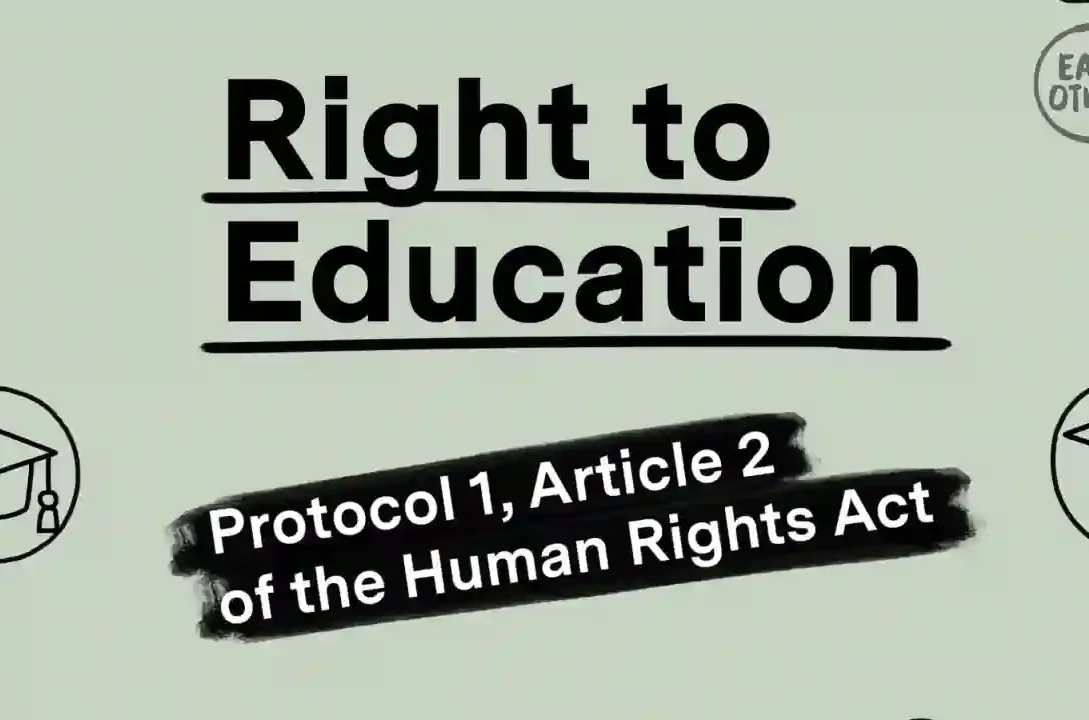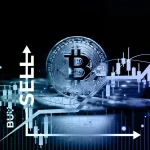Education and scientific advancements are intricately linked, with education serving as the foundation upon which scientific progress is built. Throughout history, education has played a pivotal role in advancing human knowledge and driving innovation. In this article, we will explore the profound connection between education and scientific advancements, highlighting how education fosters curiosity, critical thinking, and the pursuit of scientific discovery.
Education Fuels Curiosity
Curiosity is the spark that ignites scientific exploration. It is the innate desire to ask questions, seek answers, and understand the world around us. Education, particularly in early childhood and throughout one’s formative years, plays a significant role in nurturing and fueling this curiosity.
From the moment children enter school, they are exposed to a structured environment where they can learn about various subjects, engage in hands-on experiments, and explore the wonders of the natural world. Education encourages students to ask “why” and “how,” fostering a sense of wonder and curiosity that lays the foundation for scientific inquiry.
Critical Thinking and Problem-Solving
Education promotes critical thinking, a skill that is essential for scientific inquiry and problem-solving. Critical thinking involves the ability to analyze information, evaluate evidence, and make reasoned judgments. It encourages individuals to question assumptions, consider different perspectives, and arrive at well-informed conclusions.
In a scientific context, critical thinking is at the core of the scientific method. Scientists systematically gather data, analyze results, and draw conclusions based on evidence. Education equips individuals with the tools to think critically, enabling them to engage in scientific research, formulate hypotheses, and make discoveries that advance our understanding of the world.
Access to Knowledge and Resources
Education provides access to knowledge and resources that are essential for scientific advancements. Schools, colleges, and universities serve as repositories of knowledge, offering libraries, research facilities, and expert faculty. These educational institutions create an environment where students can pursue scientific research, conduct experiments, and access the latest information in their fields of study.
Furthermore, education facilitates collaboration and networking among individuals interested in science. Students and researchers can connect with mentors, peers, and experts, forming communities that share knowledge and collaborate on research projects. These connections often transcend borders and lead to global scientific collaborations that drive innovation.
Scientific Literacy
Scientific literacy is the ability to understand and engage with scientific concepts and information. Education plays a crucial role in promoting scientific literacy among individuals. It provides the foundational knowledge necessary to comprehend scientific principles, theories, and discoveries.
Scientific literacy is not limited to those pursuing careers in science; it is a vital skill for all members of society. Education ensures that individuals can critically evaluate scientific claims, make informed decisions related to their health and well-being, and engage in discussions about important scientific issues, such as climate change, public health, and technological advancements.
Inspiring the Next Generation of Scientists
Education serves as a conduit for inspiring the next generation of scientists. It introduces students to the wonders of science and encourages them to consider careers in scientific fields. Through engaging lessons, hands-on experiments, and exposure to role models in science, education nurtures a passion for scientific discovery.
Educators play a pivotal role in inspiring students to pursue careers in science. They can ignite a love for a particular scientific discipline, provide mentorship, and guide students toward research opportunities. Many renowned scientists attribute their career choices to the influence of dedicated teachers and educators who instilled in them a passion for science.
Ethical Considerations in Science
Education also instills ethical principles in scientists and researchers. It emphasizes the importance of integrity, honesty, and responsible conduct in scientific endeavors. Ethical considerations are integral to the scientific community, ensuring that research is conducted with transparency and accountability.
Scientific advancements can have profound ethical implications, from genetic research to artificial intelligence. Education equips scientists with the ethical framework to navigate these complexities, make responsible choices, and consider the broader societal impact of their work.
Addressing Global Challenges
Education is a powerful tool for addressing global challenges and driving scientific solutions. Today’s world faces complex issues such as climate change, disease outbreaks, resource scarcity, and environmental degradation. Education equips individuals with the knowledge and skills to tackle these challenges through scientific research and innovation.
Institutions of higher education often lead the way in addressing global challenges. They conduct research, develop innovative technologies, and collaborate with governments and organizations to find solutions to pressing issues. Education fosters a culture of problem-solving and encourages students and researchers to apply their scientific knowledge to address real-world problems.
The Role of Lifelong Learning
Scientific advancements do not end with formal education; they are a lifelong journey. Lifelong learning, which encompasses continuous education and skill development, is essential for staying at the forefront of scientific progress. The pursuit of knowledge and discovery does not cease with a degree; it is a lifelong commitment.
Educational institutions, online learning platforms, and professional development opportunities support lifelong learning in the scientific community. Researchers and scientists continually update their knowledge, adapt to evolving technologies, and collaborate with peers to remain active contributors to scientific advancements.
Conclusion
Education is the driving force behind scientific advancements, fostering curiosity, critical thinking, and the pursuit of knowledge. It provides the foundation upon which scientists build their careers and make groundbreaking discoveries that benefit society as a whole.
Through education, individuals gain access to knowledge, resources, and networks that empower them to engage in scientific research, promote scientific literacy, and inspire future generations of scientists. As we recognize the profound link between education and scientific advancements, we must continue to invest in education and support scientific endeavors to address global challenges and advance human knowledge. Education is not only a pathway to a better future; it is also the foundation of scientific progress that enriches our understanding of the world.














